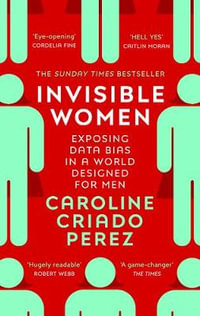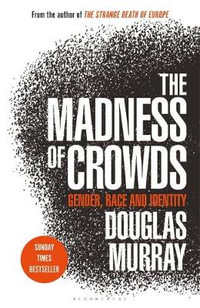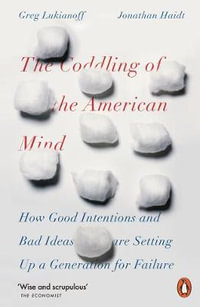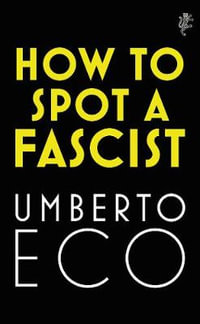Contemporary liberal thinkers commonly suppose that there is something in principle unjust about the legal prohibition of putatively victimless crimes. Here Robert P. George defends the traditional justification of morals legislation against criticisms advanced by leading liberal theorists. He argues that such legislation can play a legitimate role in maintaining a moral environment conducive to virtue and inhospitable to at least some forms of vice. Among the liberal critics of morals legislation whose views George considers are Ronald Dworkin, Jeremy Waldron, David A.J. Richards, and Joseph Raz. He also considers the influential modern justification for morals legislation offered by Patrick Devlin as an alternative to the traditional approach. George closes with a sketch of a "pluralistic perfectionist" theory of civil liberties and public morality, showing that it is fully compatible with a defense of morals legislation. Making Men Moral will interest legal scholars and
political theorists as well as theologians and philosophers focusing on questions of social justice and political morality.
Industry Reviews
`George's exposition of his opponents' positions is clear and accurate, and his criticisms are often compelling.'
Times Higher Education Supplement
'Throughout his defense of liberty and pluralism there are minor qualifications that once again underscore George's balanced perspective..."Making Men Moral" is a strong defense of moral law against arguments critical of traditional jurisprudence by contemporary liberal legal scholars...his book contains much erudition and wisdom worthy of study and reflection. It is a fine beginning for a young scholar. We shall eagerly look forward to further offerings his
pen may produce.'
`a clearly and carefully argued book on civil liberties and public morality. He also writes calmly and dispassionately, giving a fair and reasonably full statement of the views which he criticizes ... it is a book not to be ignored'
International Philosophical Quarterly
'an intensive, provocative, and dispassionate contemplation of the nature of public morality and civil liberties.'
`This book ... is extremely valuable in the hints it provides about the shape of a respectable legal moralism, its moral and political foundations and its practical implications.'
Cambridge Law Journal
`George's book is engagingly written, and holds the attention throughout.'
Utilitas
`'This book is a significant contribution to the field of legal theory by a scholar from this school of thought...even those who are keenly sceptical of the new natural law theories will find much value in George's powerful critique of rights-based, liberal legal theory'.'
Studies in Christian Ethics
'This book is clear, incisive, and well argued. I highly recommend it.' Patrick Lee in The Review of Metaphysics June 1997
'a strong defense of morals laws against arguments critical of traditional jurisprudence by contemporary liberal legal scholars...his book contains much erudition and wisdom worthy of study and reflection. It is fine beginning for a young scholar.'
























